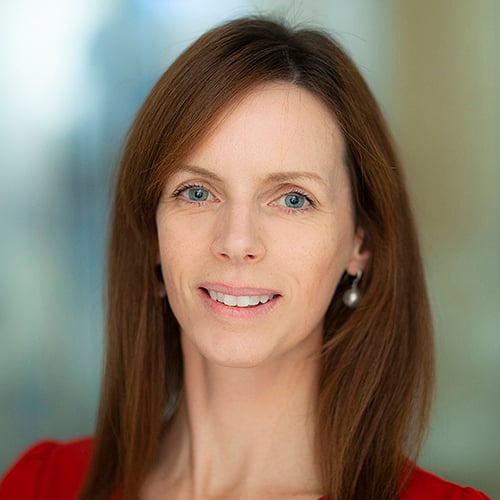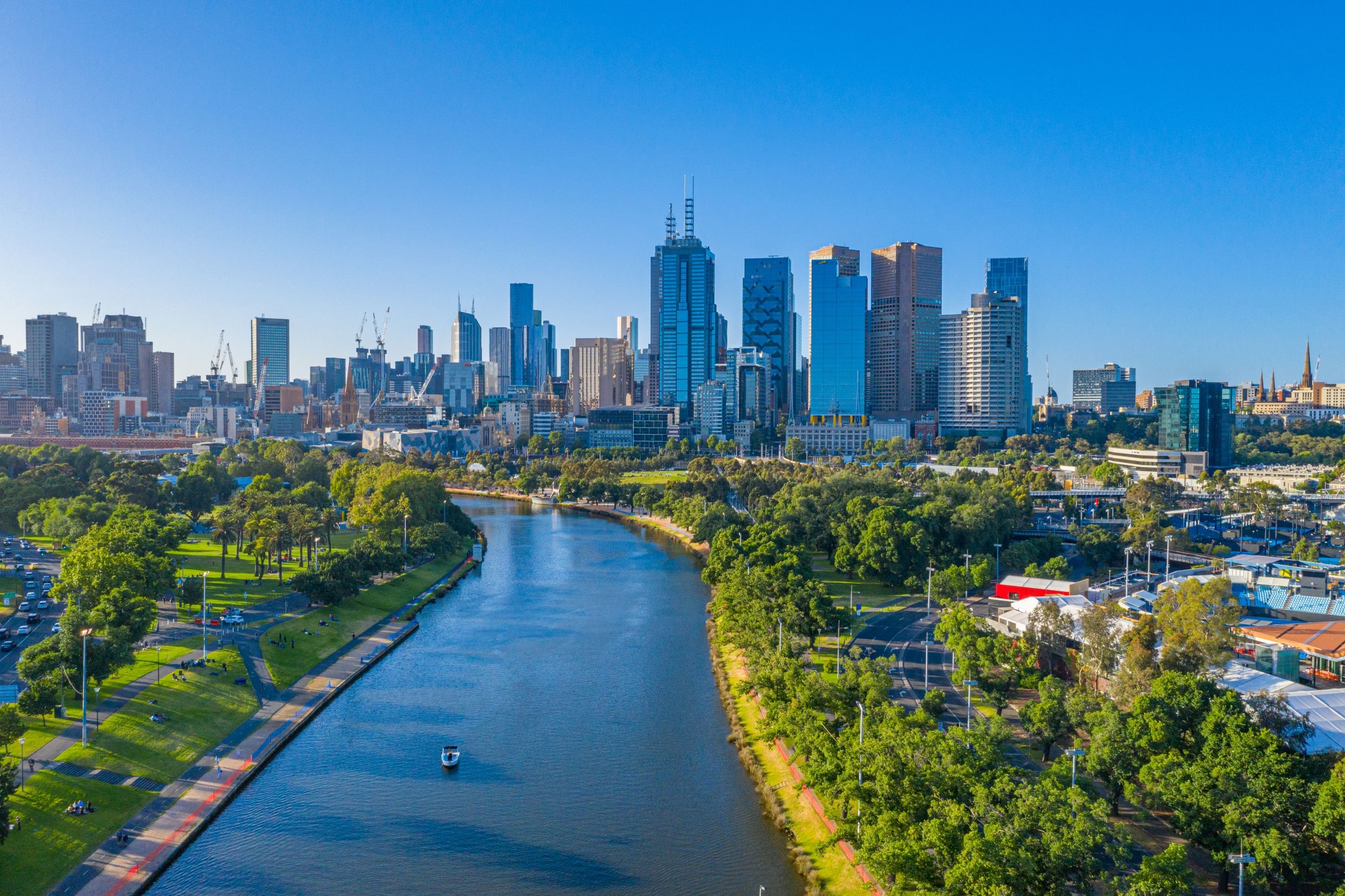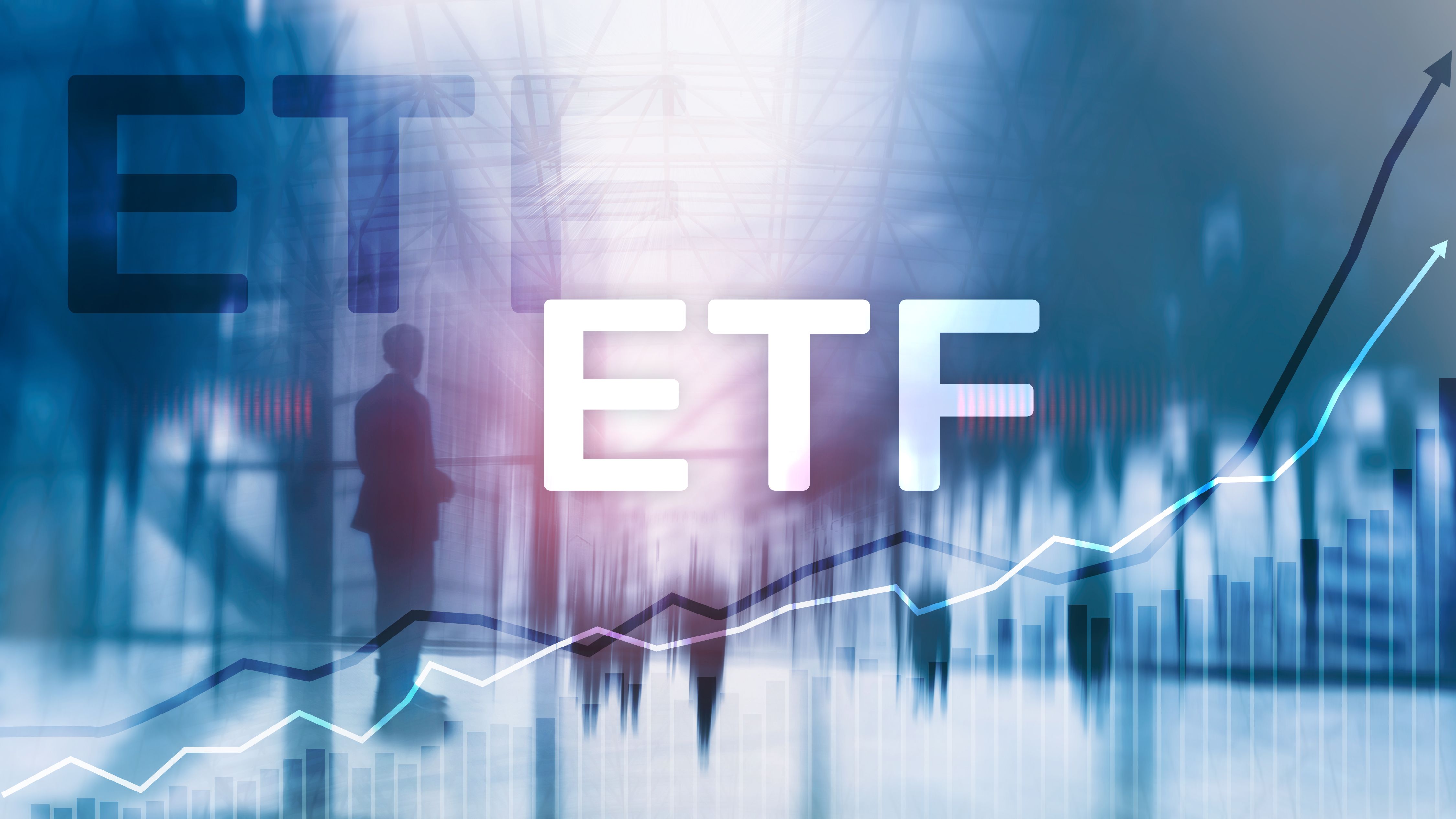While philanthropic efforts play a role in meeting the UN’s Sustainable Development Goals (SDGs), private capital investments in sustainable business efforts should be seen as a major part of the solution, according to James Gifford, head of impact investing at UBS Wealth Management, Chief Investment Office.
The SDGs are a collection of 17 global goals ranging from eradicating poverty to establishing strong partnerships across institutions. Announced by the UN in 2015, the SDGs aim to end poverty, protect the planet and ensure prosperity for all. Meeting these targets will require US$5-7 trillion in investment each year from 2015 to 2030, according to the UN Commission on Trade and Development.
“Sustainable business, business that protects the environment and protects people, has to be the solution to the world’s biggest problems, with philanthropy playing an important role where business cannot operate or cannot make money. But business needs to be seen as a major part of the solution,” says Gifford, speaking with The Asset.
The SDGs require US$2 trillion from private capital to fill the funding gap over the next 15 years, according to Gifford: “If we talk about a funding gap of US$2 trillion over the next 15 years, the only way we will do that heavy lifting is through business and investments,” he says. He notes that that the largest private charitable foundation in the world, Bill & Melinda Gates Foundation, has a total endowment of around US$40 billion.
Meanwhile, there is growing interest from young asset owners in sustainable and impact investing: “It is very clear that next generation clients and millennial clients have a much greater affinity for sustainable and impact investing than their parents’ generation. They have grown up with climate change as a reality. The impact angle is almost like a gateway drug into mainstream investment,” Gifford says.
Before joining UBS, Gifford taught at Harvard University’s Initiative for Responsible Investment. “What I find with a lot my students, is they really get inspired to get into investing because of impact investing, whereas they would not be interested in investing into traditional mainstream investments,” says Gifford.
UBS is working with its clients and other partners to help mobilize capital into sustainable and impact solutions. At the 2017 World Economic Forum (WEF), UBS said it will direct US$5 billion of client assets to support the UN SDGs.
“What we recognized in this process is that we need to create partnerships. You cannot do this alone,” says Gifford. During the past year, UBS partnered with American investment firm TPG Capital on an impact fund, the Rise Fund; initiated Align 17, a partnership through the WEF Young Global Leaders' programme to fund the SDGs; and partnered with the World Bank on an allocation to World Bank debt instruments with a sustainability focus.
“We believe that there is a real role for private capital to partner with development finance institutions such as the Work Bank, to channel private capital into what is in fitting with the public good,” says Gifford.
Photo: United Nations









